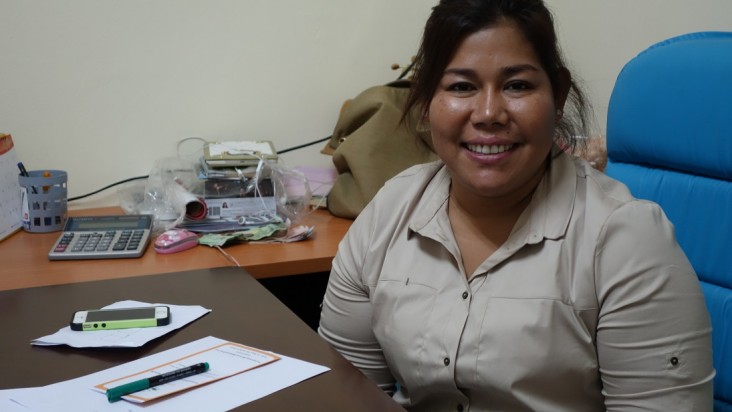
Oct. 2014—Thailand’s youth face a variety of challenges—crime, safety, difficulty completing their education, and support for those orphaned by insurgency-related violence. But efforts are underway to address the issues that significantly impact their lives.
Since 2002, the Association of Children and Youth for Peace in the Southernmost Provinces of Thailand, or Luukrieng, has been raising awareness of youth challenges. Its Citizen Charter, for example, encouraged dialogue that led to a formal agreement this year to improve milk distribution in local schools.
“I’m proud that, as a young person, I can make a change, even if it is small like this,” says 20-year-old Aleesa Samoh, a Luukrieng youth volunteer. “If I can make a change at this level, I can make bigger ones in the future.”
Luukrieng’s January 2014 Youth Festival showcased achievements in Yala, including the successful bid for fair milk distribution at schools as well as the call for regular, trusted dialogue with local government officials on issues affecting youth. The festival demonstrated a sense of accomplishment and ownership the young participants have for their projects.
“Through these initiatives, my leadership has developed and I have more confidence to engage with the public. It has also given me tools to pass on to other young people,” said Abdulloh Dueramae, a student council representative in Yala.
With support from the USAID Sapan Program, Luukrieng is currently forming a coalition of youth leaders called the Deep South Youth Congress to promote issues and policies related to young people. The Congress will select a steering committee to determine which policies and recommendations to present to the Southern Border Provinces Administration Center, which monitors the work of civilian government agencies. During the campaign, participants will conduct advocacy activities, develop public awareness strategies and use different media to promote government action to improve the quality of life of youth in the region.
“USAID Sapan has helped me understand that good governance is something everyone in the community can be involved in,” said Wannakanok Poh-itaeda-oh, Luukrieng's founder and president. “I am looking forward to the outcomes of the Youth Congress in creating change for youth in the south.”
Sapan is the Thai word for “bridge.” The USAID Sapan Program, which began in 2010, is a five-year project that fosters civil society engagement in governance across Thailand. The program works with Luukrieng and other groups that promote youth involvement in the Deep South and helps communities avoid violent disputes.
LINKS
Follow @USAIDAsia, on Facebook, on Flickr, on YouTube







Comment
Make a general inquiry or suggest an improvement.